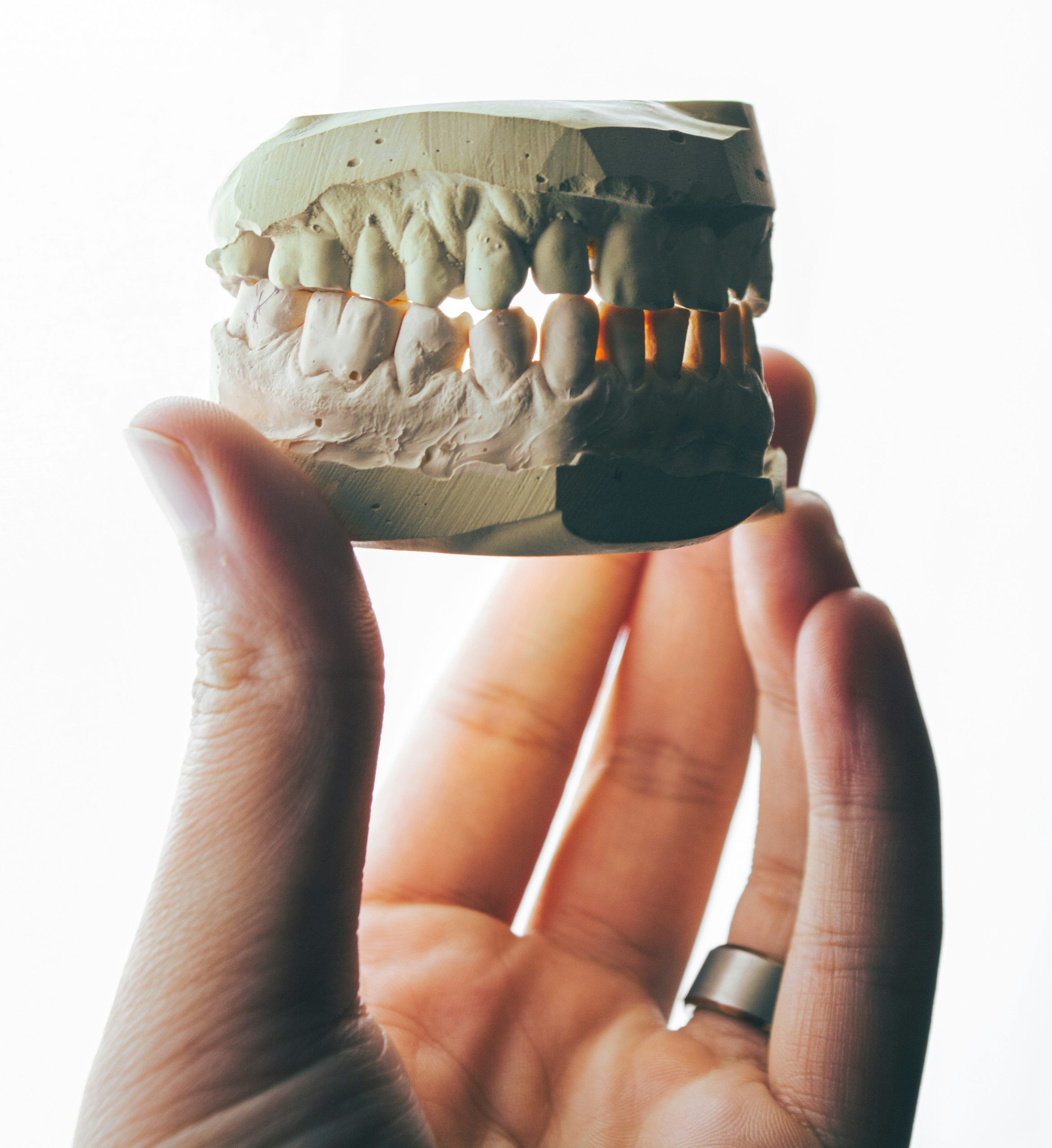
7oaks Clinic Blog features news and industry insight around dental implants and dental implant technology

Published by 7oaksclinic blog on 21 May 2024 6:36 am

In the realm of dental care, patients often find themselves faced with choices between various treatments. Two common options that individuals may encounter are dental implant treatments, such as those offered by 7oaks Clinic: Advanced Dental Implant Care, and general dentistry services. Although both are geared towards enhancing oral health, they serve unique purposes and encompass different procedures. Throughout this blog post, we’ll explore the distinctions between these two facets of dental care, aiming to provide patients with valuable insights to empower their decision-making.
Understanding Dental Implants
Dental implants are innovative solutions for replacing missing teeth, offering both functional and aesthetic benefits. Unlike traditional dentures or bridges, dental implants provide a permanent solution by integrating with the jawbone, mimicking the natural tooth root. This integration process, known as osseointegration, ensures stability and durability, resulting in a long-lasting restoration.
At 7oaks Clinic, dental implant treatments are meticulously performed by our industry leading team, led by Clinic Director Dr. Gary Moynes who works with patients from their first consultation through to final treatment. The treatment process typically begins with a thorough assessment of the patient’s oral health and suitability for implants. This assessment may involve dental imaging techniques such as X-rays to evaluate bone density and determine the optimal placement of implants.
After suitability is established and a treatment plan is agreed, the implant placement procedure is carried out under anaesthetic, during which implants are surgically inserted into the jawbone. 7oaks Clinic utilises the Adin implant system, designed for the perfectionist that does not want to compromise on aesthetics, functionality and versatility.
Following the placement of implants, a healing period ensues, allowing osseointegration to occur. Once the implants have fused with the bone, custom-made prosthetic teeth, such as crowns or bridges, are attached to the implants, restoring functionality and aesthetics. The result is a natural-looking smile with improved chewing ability and speech clarity.
Contrasting with General Dentistry
In contrast to dental implant treatments, general dentistry encompasses a broader spectrum of preventive, diagnostic, and therapeutic dental services aimed at maintaining overall oral health. Services offered by general dentists include routine check-ups, cleanings, fillings, and treatment of dental issues such as cavities and gum disease.
While general dentistry focuses on preserving natural teeth and preventing dental problems through regular exams and cleanings, dental implant treatments are geared towards replacing missing teeth and restoring oral function. Thus, while both branches of dentistry contribute to oral health, their goals and approaches differ significantly.
Key Differences
Treatment Focus: Dental implants primarily focus on tooth replacement and restoration, whereas general dentistry addresses a wide range of oral health issues, including preventive care, restorative treatments, and maintenance.
Scope of Procedures: Dental implant treatments involve surgical procedures for implant placement and restoration, whereas general dentistry encompasses non-invasive procedures such as cleanings, fillings, and root canal therapy.
Longevity and Permanence: Dental implants offer a permanent solution for tooth loss, whereas some general dentistry treatments may require periodic maintenance or replacements over time.
Specialised Expertise: Performing dental implant procedures requires specialised training and expertise in oral surgery and implantology, whereas general dentists provide a variety of services within their scope of practice.
In conclusion, while both dental implant treatments and general dentistry play vital roles in maintaining oral health, they serve distinct purposes and involve different procedures. Patients seeking tooth replacement options can benefit from consulting with a qualified implant dentist to explore the suitability of dental implants. Conversely, for routine dental care and treatment of common oral issues, visiting a general dentist is recommended. By understanding the differences between these two branches of dentistry, patients can make informed decisions to achieve optimal oral health and well-being.